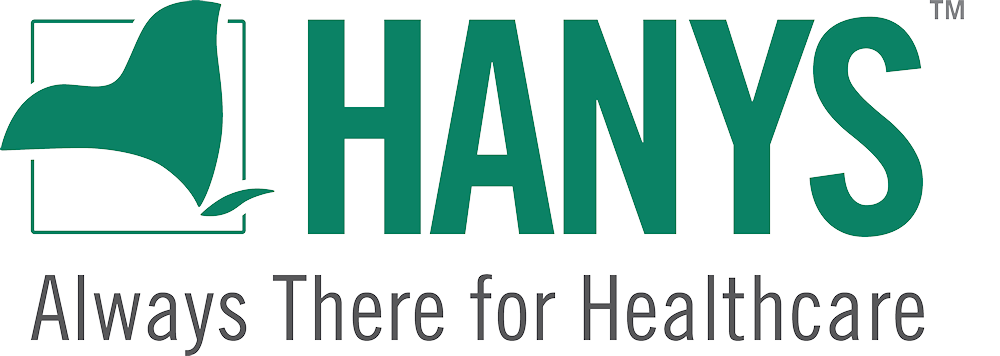
News and Media
Kaleida Health ensures a rapid response to medical emergencies
Recognizing and quickly acting on the clear and significant vital sign abnormalities that precede patient deterioration are essential to escalating care to appropriate levels and preventing mortality.
Cayuga Medical Center reduces inefficiencies to improve person-centered care
Implementing a person-centered culture is key to improving care quality while emphasizing an approach that factors in individuals, careers, families and communities as central to effective care delivery.
Mercy Hospital tackles healthcare-associated infections
Implementing clinically effective infection prevention and control techniques is essential to protect patients and reduce the risk of healthcare-associated infections.